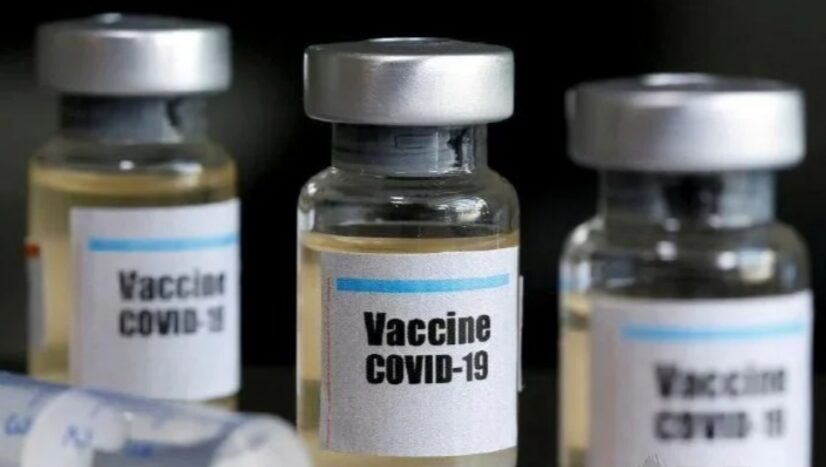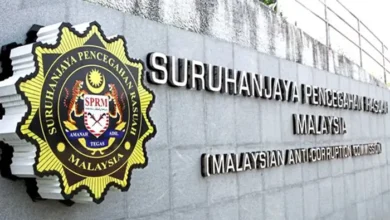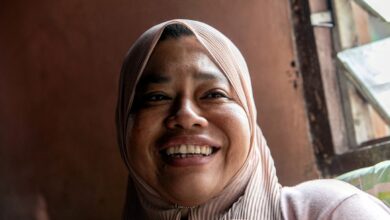‘Vaccine passports’ may be a bad idea, say health experts

PETALING JAYA: Two public health experts have raised a number of concerns over a proposal to issue so-called “vaccine passports” to travellers who have been inoculated against Covid-19.
The fear that the passport could be viewed as discriminatory was among the issues raised by Dr Awang Bulgiba Awang Mahmud of Universiti Malaya and Dr Chan Chee Khoon of Citizens Health Initiative in interviews with FMT.
Both are epidemiologists and they spoke of ethical implications and issues of implementation.
With the National Covid-19 Vaccination Programme officially under way, many in the tourism and aviation industry have expressed optimism that a vaccine passport could be the key to reviving international travel.
The International Air Transport Association is already developing such a system and is planning to launch its mobile app next month.
Awang Bulgiba said one could question whether such a system would be possible given the lingering uncertainties over the number of different available vaccines.
“Many Covid-19 vaccines have been produced, but some may come from a country whose drug regulatory bodies are not recognised by others,” he said.
He said some countries might not agree to admit people administered with vaccines they had not approved themselves.
Awang Bulgiba also said the system would disadvantage those from poorer countries whose governments were less equipped to procure vaccines.
“Most of the world’s Covid-19 vaccine supplies have been bought up by developed and richer countries, leaving the poorer ones scrambling for the rest,” he said.
“Until all nations are able to vaccinate their populations, a vaccine passport may be viewed as discriminatory and hinder the growth and recovery of poorer nations as their unvaccinated citizens may be prevented from travelling.”
He also said the vaccines might not be effective against future viral mutations. Being inoculated, then, would not guarantee that a traveller would not contract an international variant and import it to his home country, especially since preventative standard operating procedures were not the same around the world.
He suggested instead that travel reciprocal bubbles be established between countries demonstrating herd immunity from vaccinations. These could be expanded to include more countries later on.
Chan agreed on all points and said that in addition to these concerns, it must be remembered that vaccinations might well continue past the initial rollout phase if future rounds of inoculation were needed.
“We also need to think about the equity implications of putting something like this in place,” he said.
“People who tend to travel, be it for business or leisure, tend to be a bit more well off. If these people have influence on policy, it could make it harder for others to get access to the vaccine.”
He said this could end up looking like a localised version of the vaccine race playing out globally, with richer people in the country able to buy vaccines in order to travel, leaving them less available for the underprivileged.






You must be logged in to post a comment.